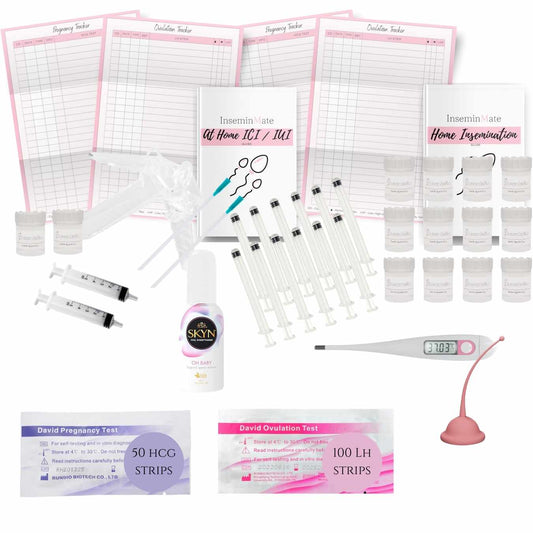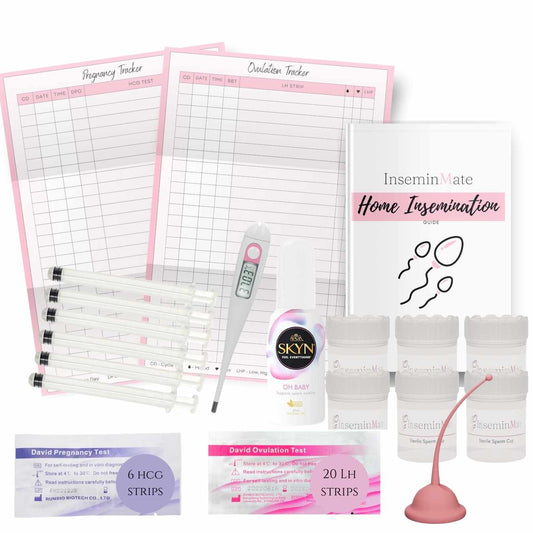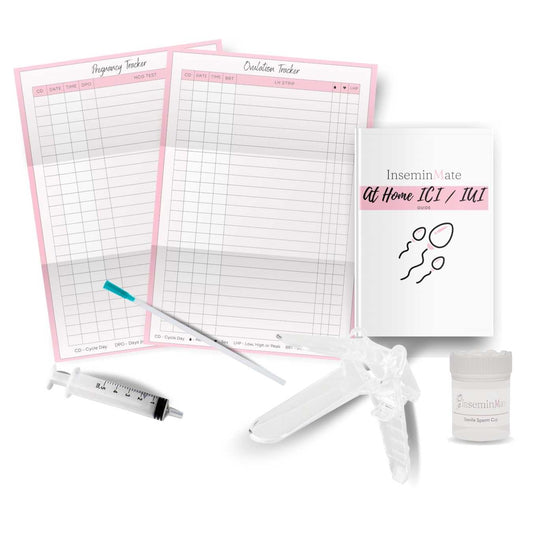Artificial insemination is a fertility treatment that can help couples conceive by placing sperm directly into the uterus or cervix. When performed at home, it's essential to know how long the sperm can survive to increase the chances of a successful pregnancy.
After artificial insemination, it's normal for some of the sperm to leak out of the body. However, even if some sperm is lost, there is still a chance for conception. The lifespan of sperm after artificial insemination varies, but typically it can survive up to five days inside the female reproductive system.
The lifespan of sperm can vary depending on several factors, such as the quality of the sperm, the environment of the female reproductive tract, and the timing of the insemination. Sperm that are of good quality and have been stored correctly can survive longer than those that are of lower quality or have been exposed to harsh conditions.
It's important to note that not all sperm will survive long enough to fertilize an egg. The chances of conception decrease as time passes, so it's best to perform the insemination as close to ovulation as possible. This can increase the likelihood of fertilization and a successful pregnancy.
In conclusion, the lifespan of sperm after artificial insemination can vary, but generally, it can survive up to five days inside the female reproductive system. However, to increase the chances of a successful pregnancy, it's essential to perform the insemination as close to ovulation as possible. At-home insemination can be a convenient and affordable option for couples looking to conceive, but it's important to understand the factors that can affect the success of the procedure.




